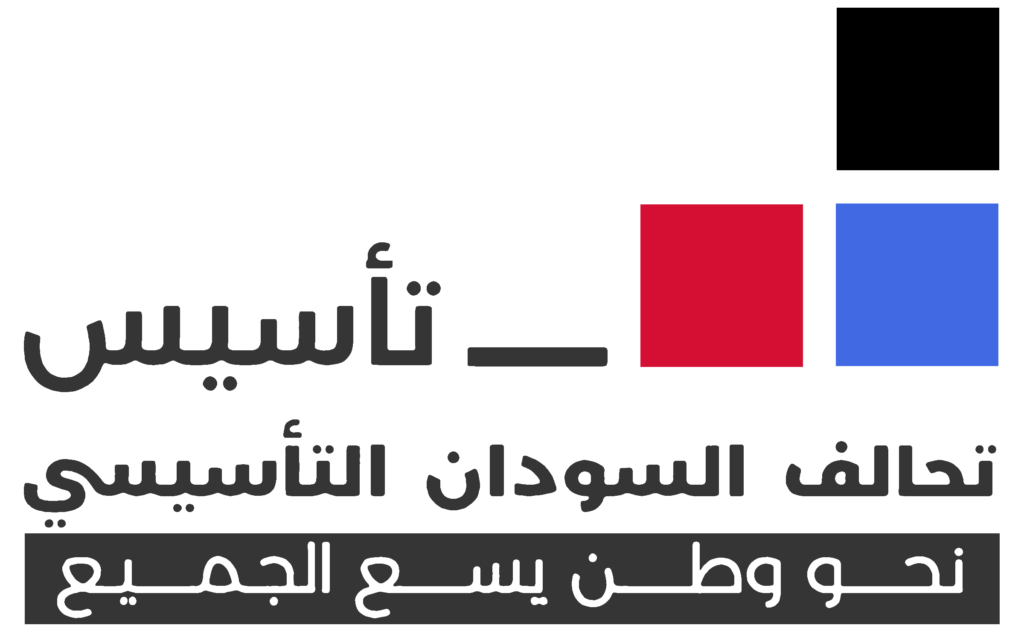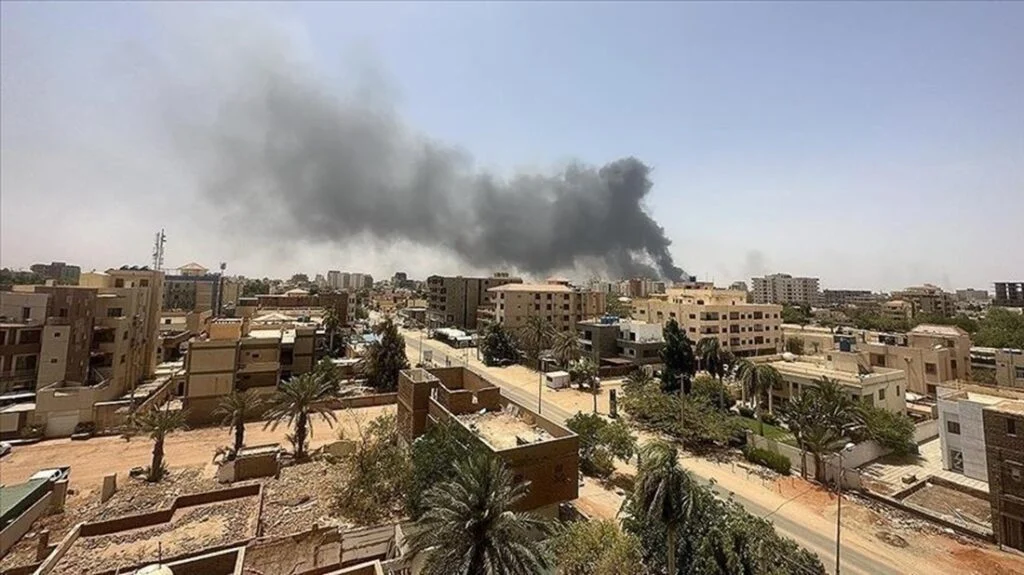
Mohamed Mukhtar Al-Nour, legal adviser to Sudan’s Rapid Support Forces (RSF) and member of its negotiation team, has described Sudan’s 1989 Islamist coup as the starting point for a systematic project to dominate state institutions, which came to be known as the “Empowerment Project” or the “Missionary Officers’ Project.”
Al-Nour explained that the project sought to infiltrate and control all state institutions, including the military, by gradually integrating Muslim Brotherhood loyalists. He claimed that by the 1990s, over 90% of military academy graduates were affiliated with the Islamist Movement (Sudanese Muslim Brotherhood).
“This project extended beyond the military,” Al-Nour said, “encompassing civil service and other security institutions through recruitment conditions that required endorsements from Islamist leaders.”
He pointed to prominent military figures, including ousted dictator Omar al-Bashir and General Abdel Fattah al-Burhan, as early sleeper cells within the Sudanese Muslim Brotherhood who later declared their full allegiance.
Deepening Influence
Al-Nour emphasized that the 1989 coup was a turning point for Sudan. “The Islamist movement immediately implemented its empowerment strategy, embedding its youth and members into every facet of the state, from military to civil service,” he said.
He detailed how the military became a focal point of the project. “The initial steps involved enlisting loyalists in the first cohorts of military recruits. These individuals were groomed and trained specifically to solidify the movement’s hold on the armed forces.” By the mid-1990s, Al-Nour claimed, Islamist Movement-affiliated recruits constituted approximately 90% of accepted cadets at the military academy.
The strategy also targeted civil service positions. “Islamist officers were strategically appointed in administrative roles to consolidate their grip on state institutions,” he added.
Al-Nour named al-Bashir, al-Burhan, Yasser Al-Atta, Shams al-Din Kabashi, and Omar Zain al-Abideen as key figures who transitioned from sleeper agents to open supporters of the Islamist Movement agenda.
“These individuals established associations within the military, such as Quranic societies, and jihadist units like the Popular Defense Forces, embedding (Muslim Brotherhood) ideology into the institution,” Al-Nour said.
Selective Recruitment and Regional Bias
Recruitment into the military, Al-Nour alleged, was tightly controlled. “Candidates for the military academy required endorsements from Islamist leaders in their neighborhoods or regions, along with approvals from high-ranking Islamist-affiliated officers,” he said. This process ensured near-total Islamist dominance of the armed forces.
Even non-Islamist recruits were often selected based on geographic considerations, Al-Nour noted, with around 85% of officers originating from Sudan’s northern regions, most of whom were Muslim Brotherhood-aligned.
State Institutions Subverted
The legal adviser concluded by accusing the Islamist Movement of transforming Sudan’s military into a tool for its own agenda. “This approach extended to other security organs like the police and intelligence services, where Islamists made up 100% of personnel,” he alleged.
“This wholesale takeover of state institutions prioritized the movement’s interests over Sudan’s national well-being,” Al-Nour said.




